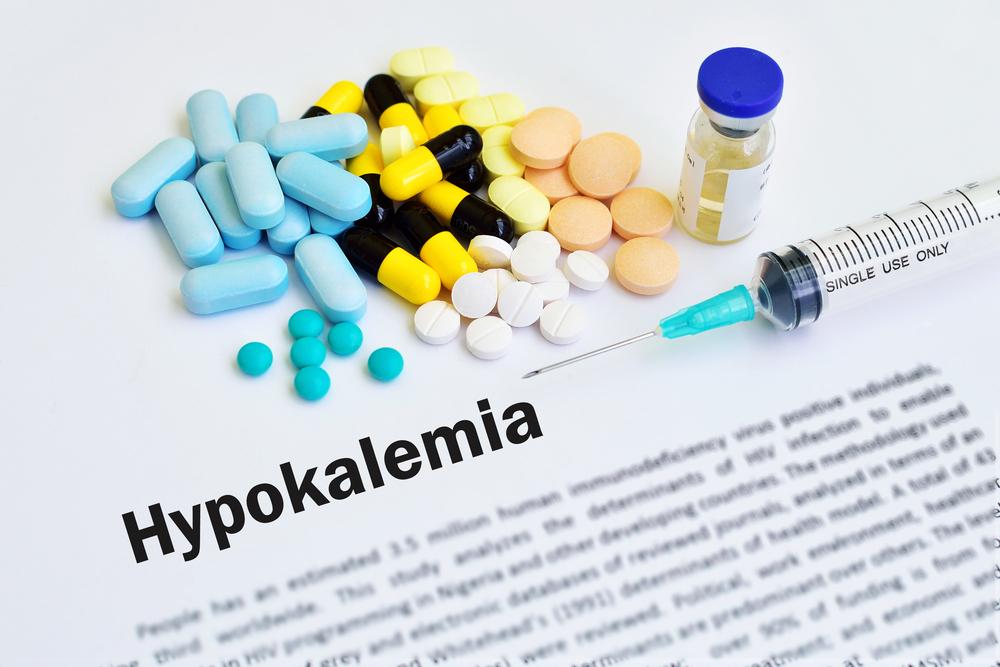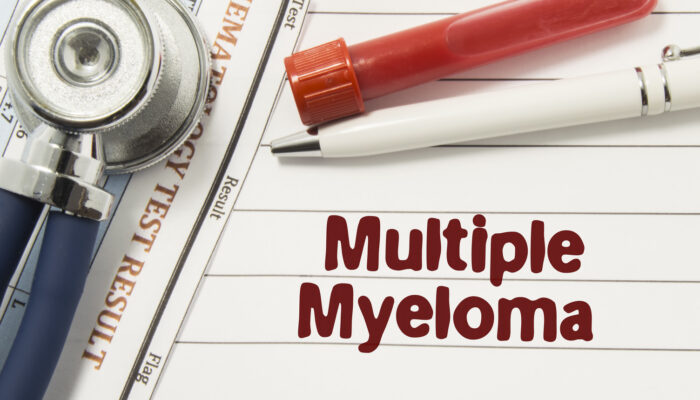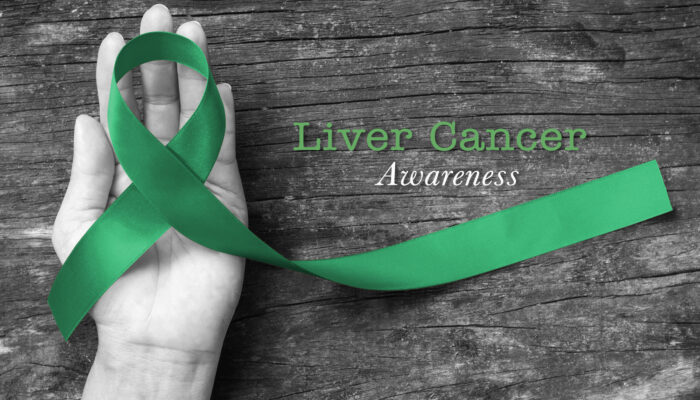
Leading-Edge Drug Treatments for Hyperkalemia
Hyperkalemia is a serious medical condition that causes accelerated (higher than 6.0 mmol/L) and dangerous levels of potassium within the blood. While a certain level of potassium in the blood is healthy for muscle and nerve function (i.e., for vital organs like the heart), too high potassium chemical levels in the bloodstream is considered detrimental to health and may demand emergency medications or even kidney dialysis to repair.
Hyperkalemia is considered a potentially life-threatening condition that can lead to heart arrhythmia, muscle weakness and fatigue, and even paralysis if not treated immediately. Causes of hyperkalemia are most often caused by defective urinary potassium excretion due to under-functioning kidneys, due to chronic kidney disease or acute kidney failure. However, hyperkalemia may also be caused by medications such as beta blockers, potassium supplements, or (ACE) angiotensin-converting enzyme inhibitors; extreme dehydration; type 1 diabetes, or addison’s disease (an adrenal condition). The good news is that several leading-edge hyperkalemia treatments can help:
1. Lokelma
Lokelma is a fairly newer sodium zirconium cyclosilicate medication that studies show is able to reduce life-threatening serum K+ levels in hyperkalemia patients within a duration of 48-hours following initial treatment. Lokelma is typically prescribed by doctors to reduce excessive potassium levels in hypokalemia patients in conjunction with RAAS inhibitor therapy in dosages of 10 grams three times daily within a 48-hour timeframe. While Lokelma is often prescribed to treat hyperkalemia in adult patients in hospital, this drug is not used in emergency life-threatening hyperkalemia situations as it’s effects are delayed.
2. Sodium Zirconium Cyclosilicate
Another new hyperkalemia treatment can be found in sodium zirconium cyclosilicate (or ZS-9). This drug is taken in powder form and mixed with water as a medication drink. Made of an insoluble, nonabsorbable compound, ZS-9 is able to collect potassium ions within the gastrointestinal tract, binding potassium chemicals and then excreting them via feces. Sodium zirconium cyclosilicate is able to work in emergency hyperkalemia situations as it can be ingested by a patient and move through the GI tract quickly to eliminate excess potassium almost immediately.
3. Patiromer
Another fairly recent drug approved by the FDA for non-emergency hyperkalemia treatment is Patiromer (marketed as Veltassa). This oral powder is administered to patients suspended in water to increase potassium excretion and reduce overall potassium chemical blood levels. This drug is often prescribed to hyperkalemia patients with type 1 diabetes who may also be taking aldosterone inhibitors, ACE inhibitors, or ARB (angiotensin receptor blockers).



